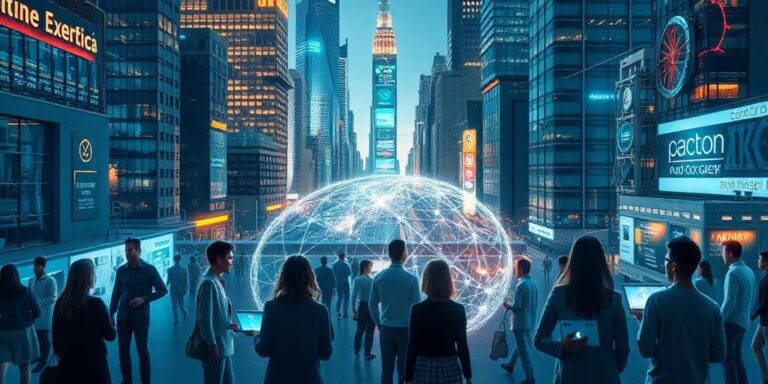Universal Access to Computing Power: A Human Right? (2030 Discussion)
The year is 2030. Computing power has become more deeply integrated into nearly every facet of human life. From managing personal finances and accessing healthcare to participating in civic engagement and pursuing educational opportunities, access to sufficient computing resources is no longer a luxury, but a necessity. This prompts a crucial question: Should universal access to computing power be considered a fundamental human right?
The Argument for Access as a Right
Advocates for this perspective argue that in an increasingly digital world, the ability to compute is essential for individuals to exercise other fundamental rights. These include:
- Freedom of Expression: Computing devices and internet access are crucial for disseminating and accessing information, participating in public discourse, and expressing opinions.
- Right to Education: Online learning platforms, digital textbooks, and research tools require computing power. Without access, individuals are at a significant disadvantage in pursuing educational opportunities.
- Economic Opportunity: The modern job market increasingly demands digital literacy and the ability to use computers. Lack of access can limit employment prospects and perpetuate economic inequality.
- Access to Healthcare: Telemedicine, online health records, and remote patient monitoring rely on computing infrastructure. Denying access can disproportionately impact vulnerable populations.
- Civic Participation: Engaging with government services, participating in online polls, and accessing public information often require computing devices and internet connectivity.
Challenges and Considerations
Defining and implementing universal access to computing power as a right presents several challenges:
- Defining “Sufficient” Computing Power: What level of computing capability is considered adequate to meet basic needs? This definition will likely evolve as technology advances.
- Infrastructure and Cost: Providing access to computing devices and reliable internet connectivity requires significant investment in infrastructure, particularly in underserved areas.
- Digital Literacy: Access alone is not enough. Individuals must also possess the skills and knowledge to effectively use computing resources.
- Security and Privacy: Protecting user data and ensuring cybersecurity are paramount. Safeguards must be in place to prevent misuse and protect individual privacy.
- Ethical Considerations: Algorithmic bias, misinformation, and the potential for misuse of AI require careful consideration and ethical guidelines.
Models for Implementation
Several models could be considered for implementing universal access to computing power:
- Government Subsidies: Governments could provide subsidies for low-income individuals to purchase computing devices and internet access.
- Public Computing Centers: Libraries and community centers could offer free access to computers and internet.
- Partnerships with Private Sector: Governments could partner with private companies to provide affordable computing solutions and internet access.
- Open-Source Hardware and Software: Promoting the development and distribution of affordable, open-source computing devices and software can lower barriers to entry.
Conclusion
The debate over whether universal access to computing power should be a human right is complex and multifaceted. As technology continues to advance and permeate every aspect of our lives, ensuring equitable access to these resources will become increasingly critical. A thoughtful and inclusive discussion is needed to address the challenges and explore potential solutions to create a future where everyone has the opportunity to participate fully in the digital age.




